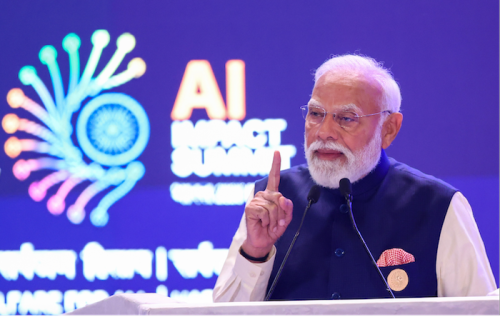Diseases of the pancreas can have serious consequences for patients and are difficult to diagnose. Early detection is crucial for the patient’s chance of survival. In Europe today, more than 90 percent of patients die of pancreatic cancer within the first five years after diagnosis. The Medi-Globe Group, a leading international MedTech company based in Achenmühle, Bavaria, will, in cooperation with the French Institut Hospitalo-Universitaire (IHU) Strasbourg, develop the world’s first AI software for the detection of diseases of the pancreas in endoscopic ultrasound (EUS) examination. The key technology here is artificial intelligence. As part of large-scale clinical studies prior to market introduction, the AI software has now gone into clinical test with patients, so-called first-in-human applications.
“The new software has the potential to revolutionize the diagnosis of pancreatic diseases and, above all, the diagnosis of pancreatic cancer. That would be a dream for society as a whole and an important milestone in medicine and for medical technology,” says Prof. Dr. Leonardo Sosa Valencia, one of the leading gastroenterologists in the world and a top expert in the field of pancreatic disease detection.
The AI software brings together the clinical experience of the world’s most experienced gastroenterologists. It bundles the knowledge from countless EUS examinations of the pancreas in an algorithm and transforms it into use in endoscopic ultrasound. The expert knowledge is used to train a neural network according to the deep learning method. For the diagnosis, it is crucial to recognize pathologically altered areas in the pancreas at an early stage so that a fine needle biopsy can accurately take tissue samples for further analyses and as basis for therapy decisions.
The original article was published at Business Wire.
The Boston Global Forum (BGF), in collaboration with the United Nations Centennial Initiative, released a major work entitled Remaking the World – Toward an Age of Global Enlightenment. More than twenty distinguished leaders, scholars, analysts, and thinkers put forth unprecedented approaches to the challenges before us. These include President of the European Commission Ursula von der Leyen, Governor Michael Dukakis, Father of Internet Vint Cerf, Former Secretary of Defense Ash Carter, Harvard University Professors Joseph Nye and Thomas Patterson, MIT Professors Nazli Choucri and Alex ‘Sandy’ Pentland, and Vice President of European Parliament Eva Kaili. The BGF introduced core concepts shaping pathbreaking international initiatives, notably, the Social Contract for the AI Age, an AI International Accord, the Global Alliance for Digital Governance, the AI World Society (AIWS) Ecosystem, and AIWS City.











